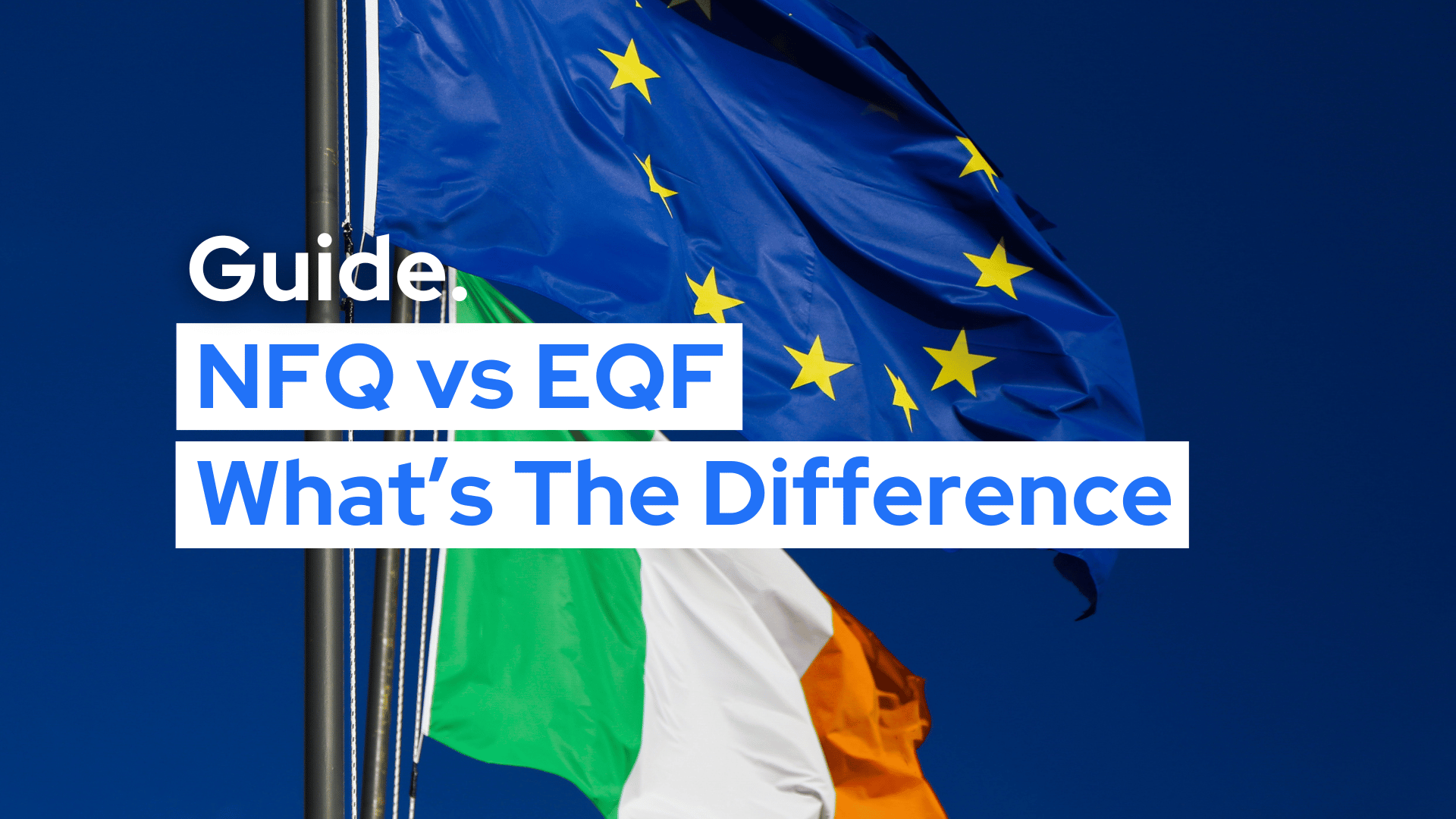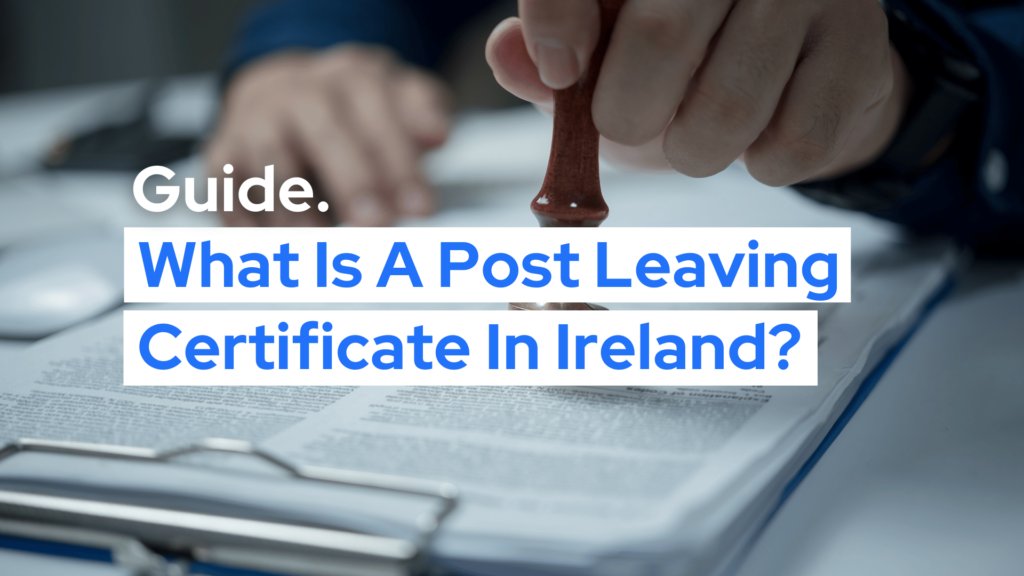
NFQ vs EQF: Understanding the Differences and Mapping Your Qualification
Navigating qualifications can be confusing, especially when comparing the Irish National Framework of Qualifications (NFQ) with the European Qualifications Framework (EQF). Whether you’re looking to study abroad or simply understand how your qualification stacks up, this guide will help you map your NFQ level to its EQF equivalent and explain why it matters.
What is the NFQ?
The National Framework of Qualifications (NFQ) is Ireland’s system for describing and recognising qualifications based on the level of knowledge, skill, and competence they represent. Established in 2003, the NFQ is designed to ensure that Irish qualifications are clear, recognised, and easily understood both in Ireland and internationally.
The NFQ has 10 levels, ranging from Level 1 (basic skills) to Level 10 (doctorate degrees). Each level corresponds to a specific qualification type, like the Leaving Certificate (NFQ Level 4/5) or Honours Bachelor’s Degree (NFQ Level 8).
What is the EQF?
The European Qualifications Framework (EQF) is a standardised system that helps compare qualifications across different European countries. It aims to make qualifications easier to understand and more comparable, facilitating mobility for work and study across Europe.
The EQF uses 8 levels, and many European countries, including Ireland, have aligned their national frameworks (like the NFQ) with the EQF. This means that your NFQ qualification can be mapped to an equivalent EQF level, making it easier to understand across Europe.
NFQ vs EQF: Mapping Your Qualifications
The table below shows how Irish NFQ levels map onto EQF levels, helping you understand how your qualification compares across European borders.
| NFQ Level | EQF Level | Irish Qualification Example |
|---|---|---|
| 1 | 1 | Junior Certificate (Basic level) |
| 2 | 2 | Basic Certificate |
| 3 | 3 | Level 3 Certificates |
| 4 | 4 | Leaving Certificate (Ordinary) |
| 5 | 4 | Leaving Certificate (Higher), Level 5 Certificates |
| 6 | 5 | Higher Certificate |
| 7 | 6 | Ordinary Bachelor’s Degree |
| 8 | 6 | Honours Bachelor’s Degree, Higher Diplomas |
| 9 | 7 | Master’s Degree, Postgraduate Diplomas |
| 10 | 8 | Doctorate (PhD) |
By understanding this mapping, you can more easily determine where your qualification stands when applying for jobs or further education in Europe.
Benefits of Studying an EQF-Recognised Course
While the NFQ is crucial for Irish students and workers, aligning your studies with the EQF can offer additional benefits, especially if you’re considering working or studying abroad.
Recognition Across Europe
The EQF is recognised in all EU member states, making it easier for employers and educational institutions across Europe to understand your qualifications.Easier Mobility for Work and Study
If you’re thinking about studying or working abroad, having an EQF-mapped qualification simplifies the process of transferring credits or securing employment in another EU country.More Opportunities
As more institutions and employers look for qualifications that are part of the EQF, you’ll have access to a wider range of study programmes and job opportunities across Ireland and Europe.
Why Choose an NFQ Course?
While the EQF is beneficial for international recognition, NFQ qualifications are specifically designed for the Irish education and job market. Here’s why NFQ courses can still be a great choice:
- Irish Employers Know the NFQ: Employers in Ireland are familiar with the NFQ system and can easily understand the value of your qualifications.
- Seamless Progression Within Ireland: If you’re planning to continue your studies in Ireland, the NFQ provides clear pathways from one level to the next.
- Local Relevance: Many Irish jobs and professions require NFQ qualifications, so it’s essential if you’re aiming for a career in Ireland.
How to Choose the Right Course for You
If you’re deciding between an NFQ or EQF-aligned course, it comes down to your goals. If you plan to stay and work in Ireland, focusing on NFQ levels is your best bet. But if you’re aiming for a career or further study abroad, especially within the EU, consider an EQF-mapped course.
Useful Resources for More Information
For more details on how qualifications in Ireland and Europe compare, check out the following:
For those interested in continuing education or upskilling, explore our course offerings and find the perfect programme that suits your needs.
Conclusion
Understanding the differences between the NFQ and EQF is key to unlocking new opportunities, whether at home in Ireland or across Europe. With this knowledge, you’ll be better equipped to choose the right path for your education and career. Whether you aim to study locally or take your qualifications international, both the NFQ and EQF provide valuable frameworks to help you succeed.



